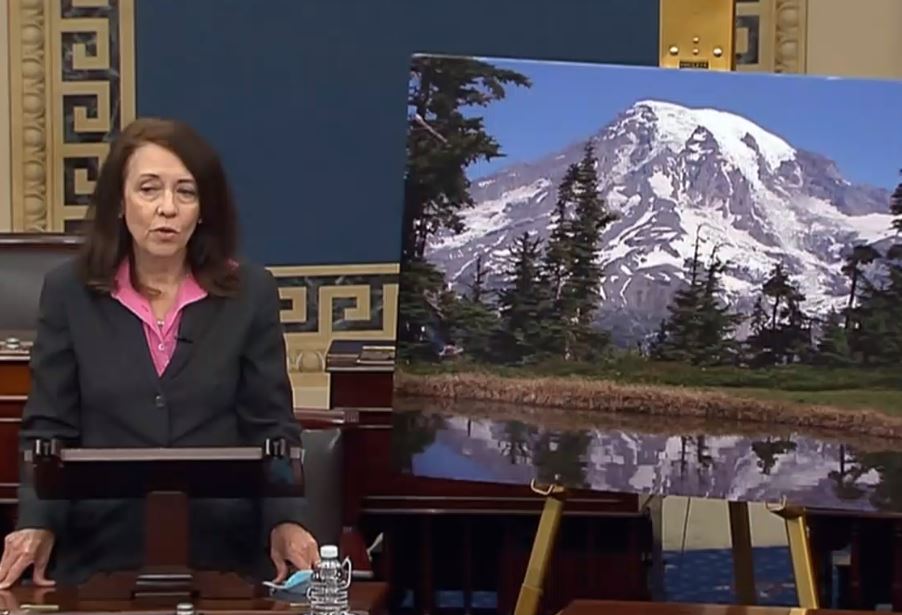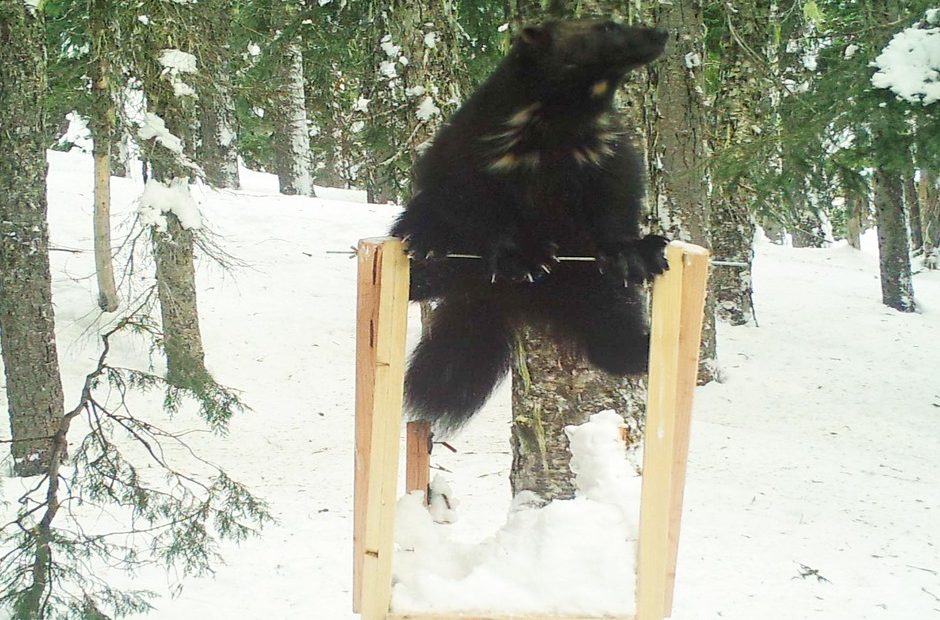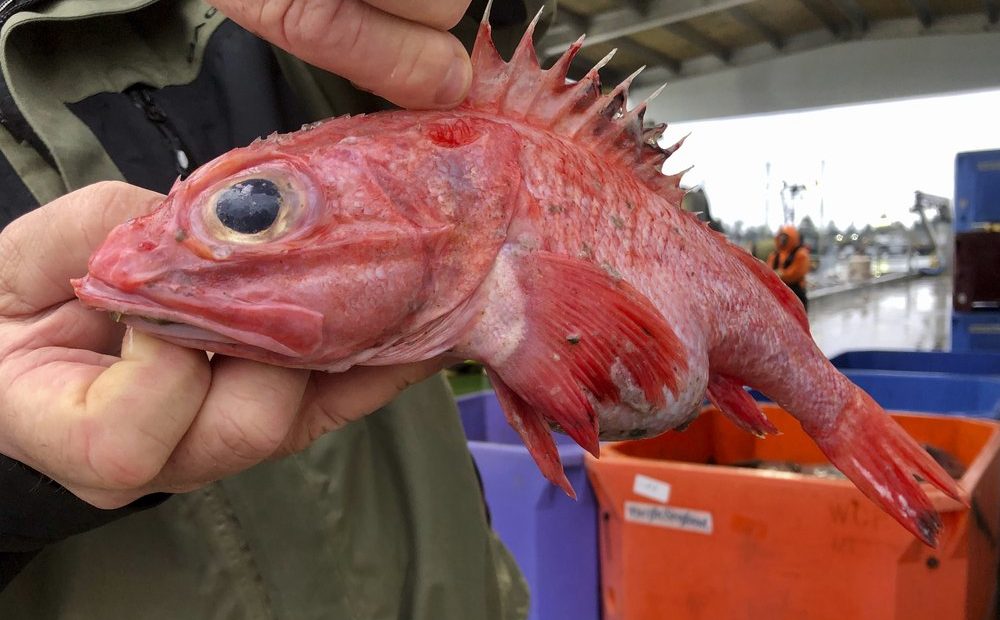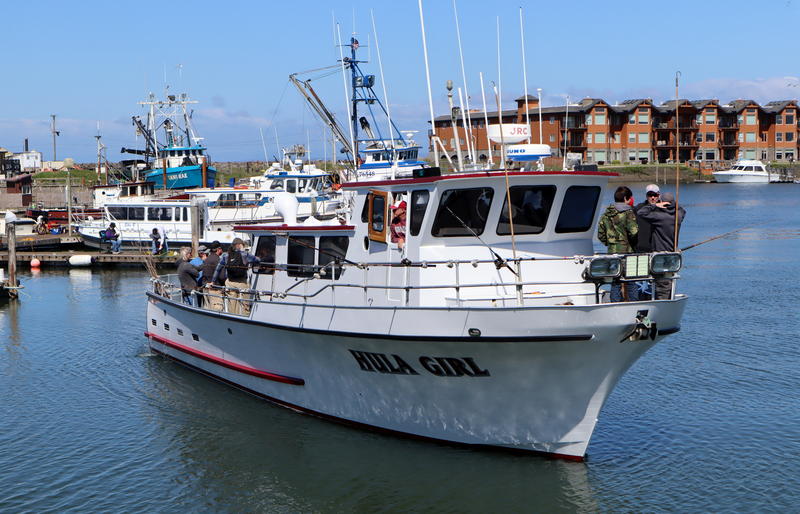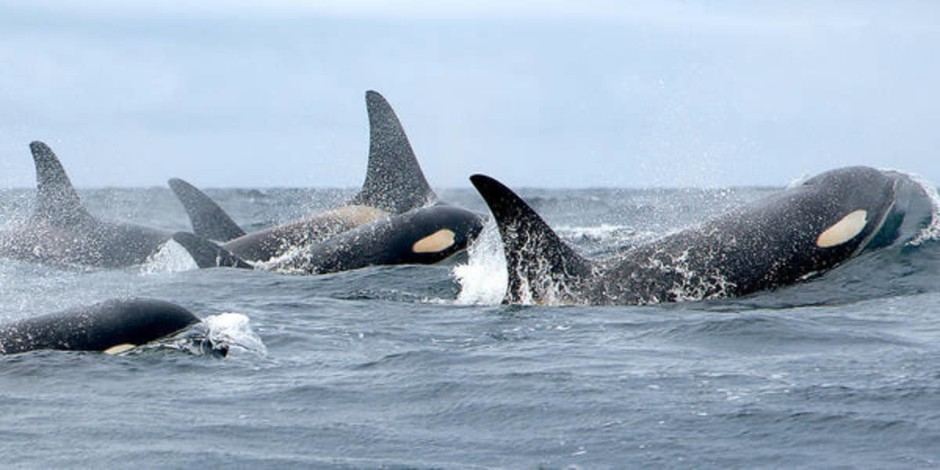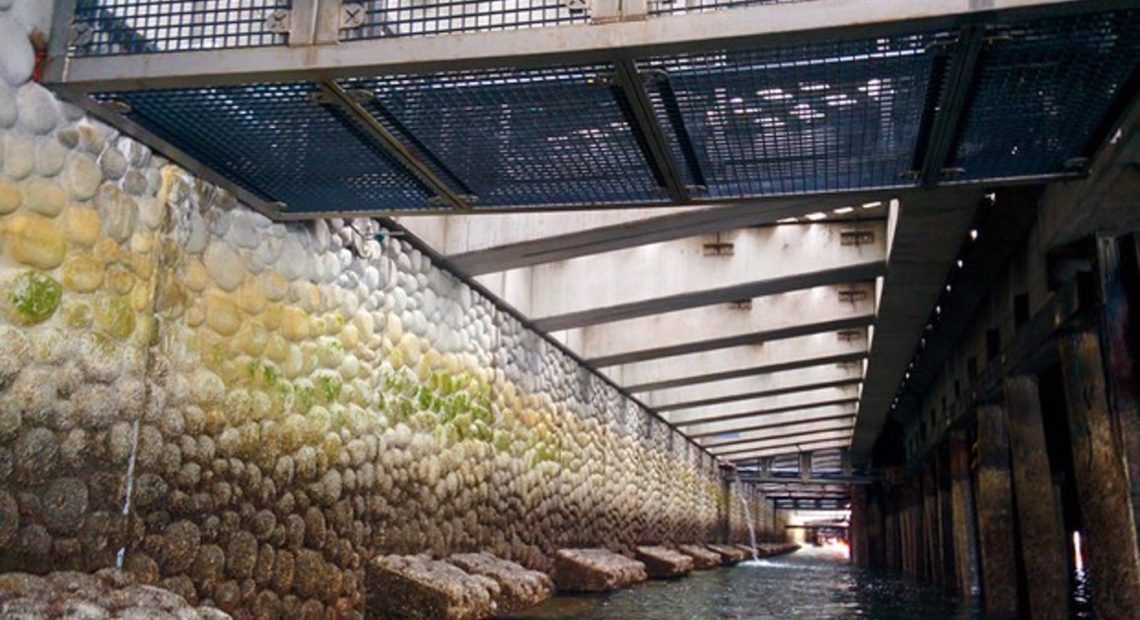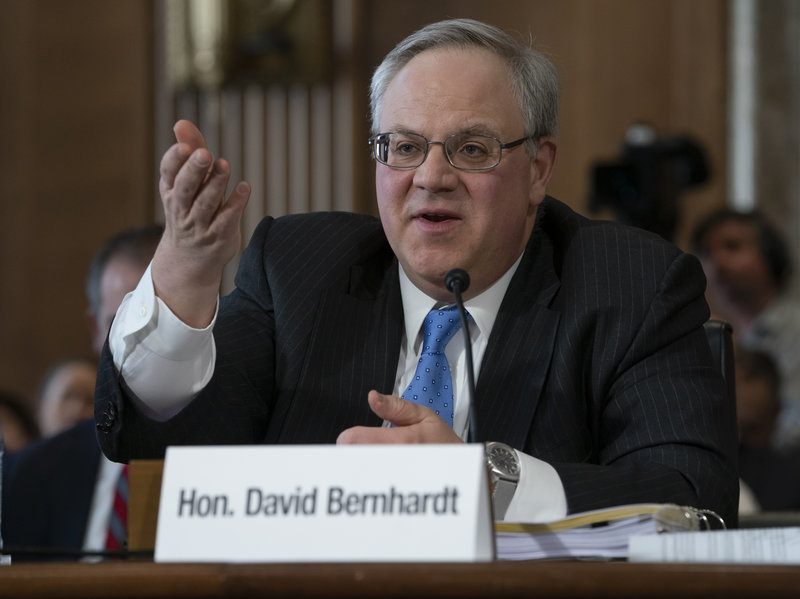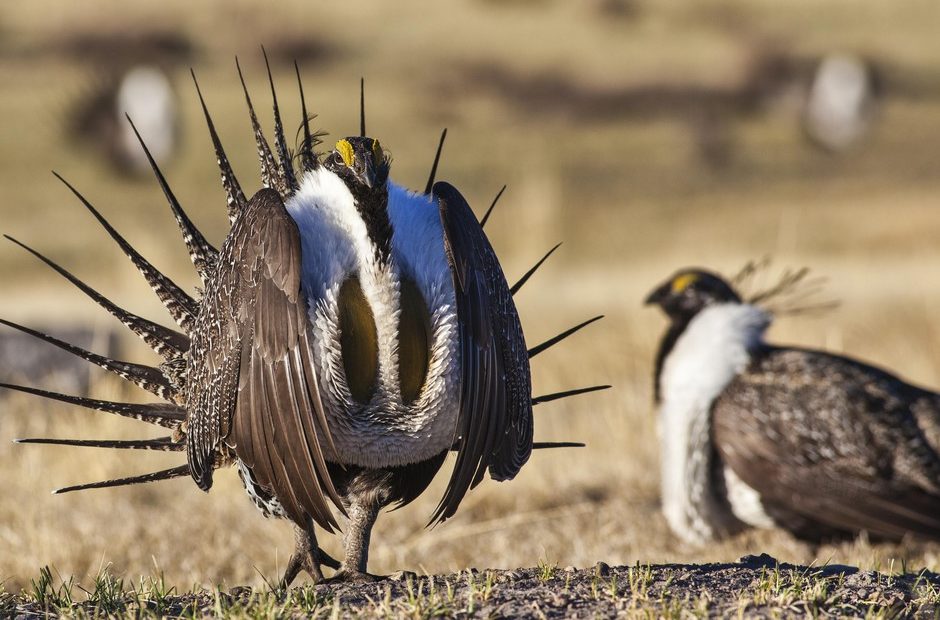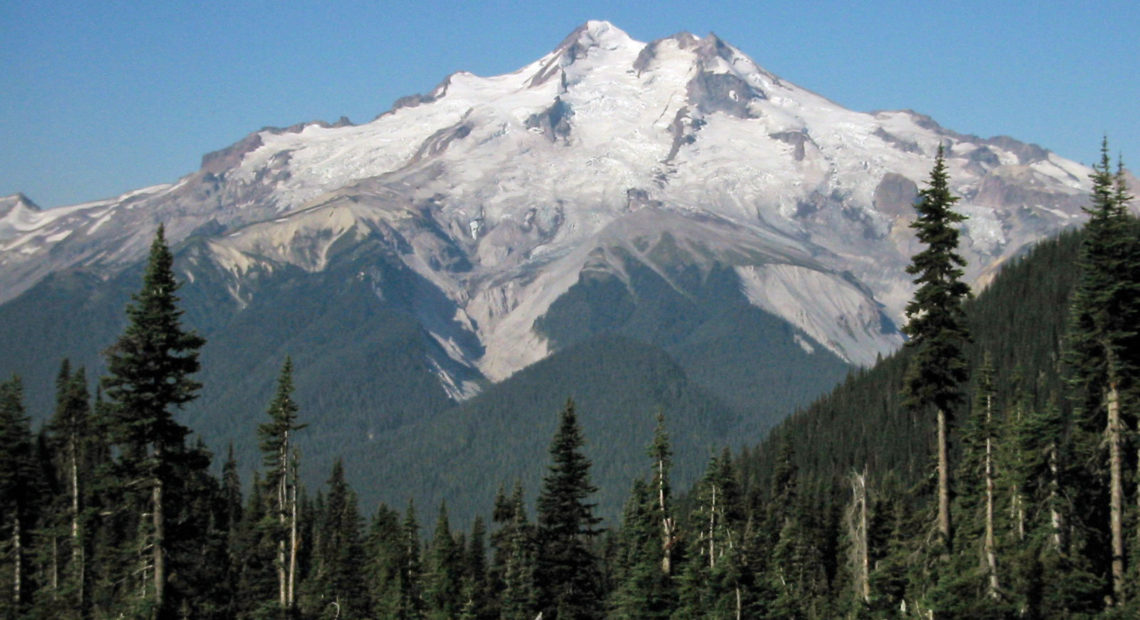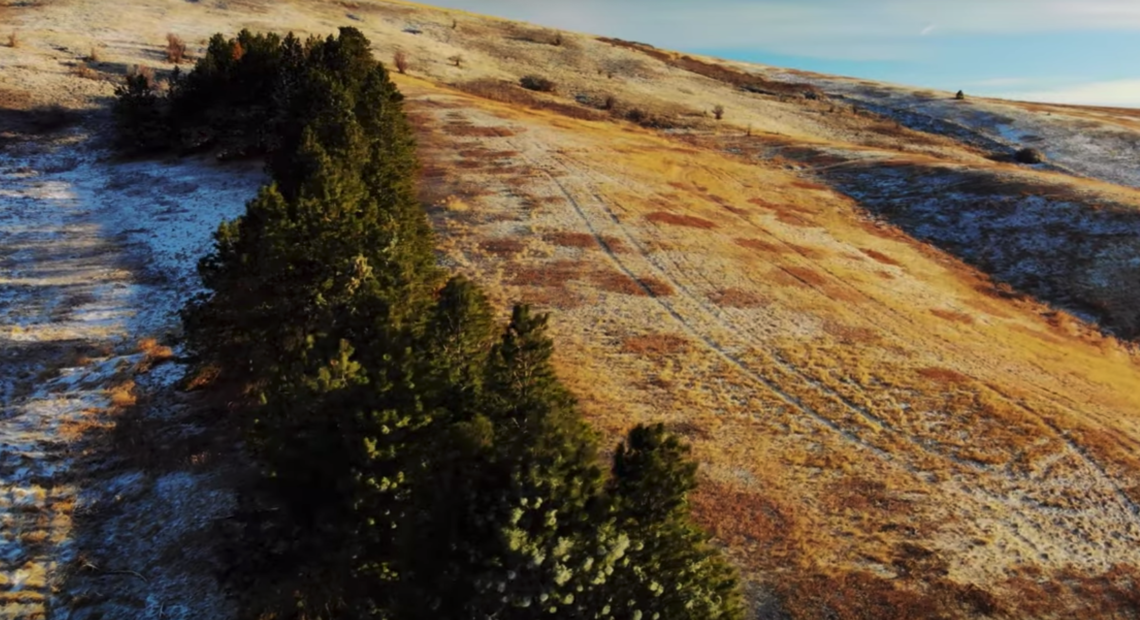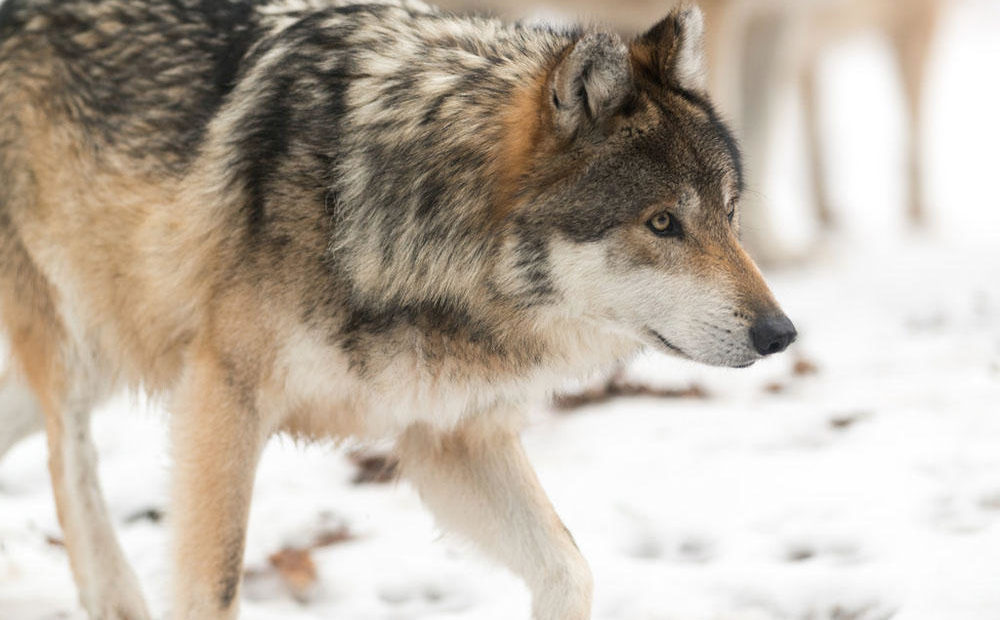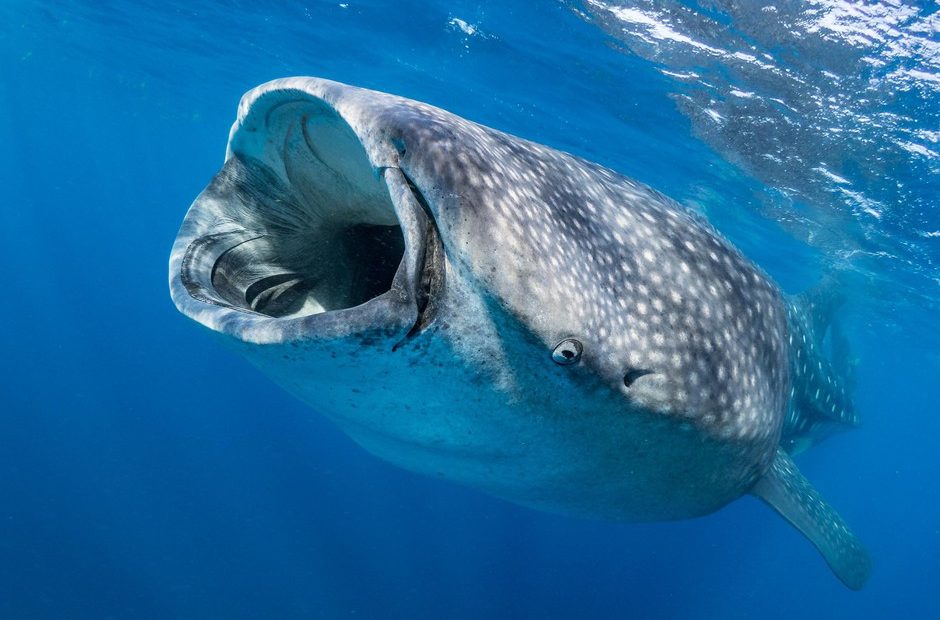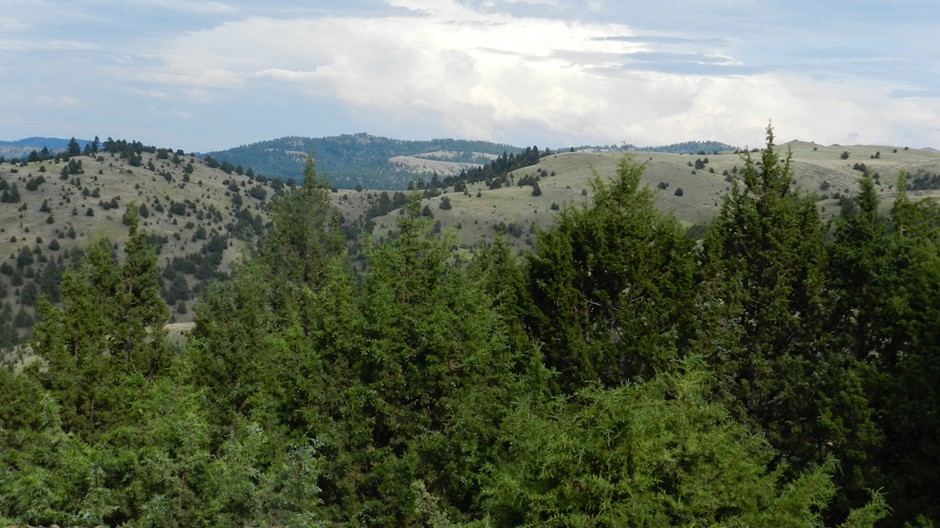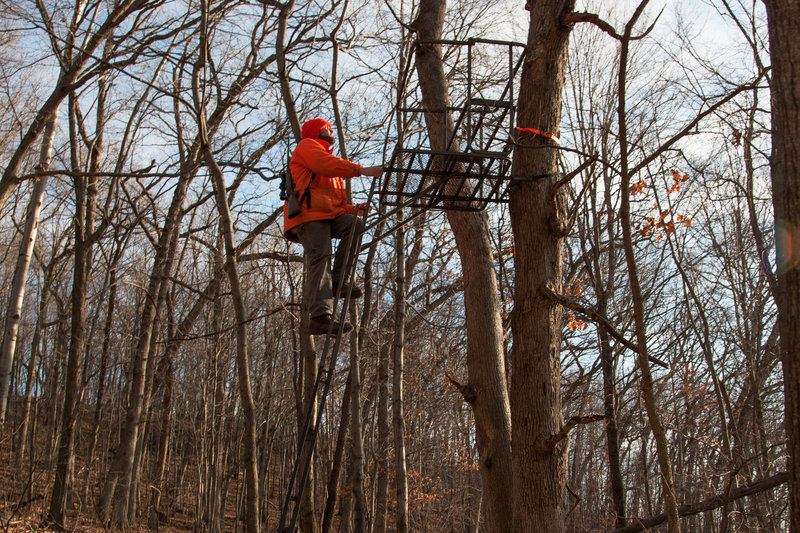The Great American Outdoors Act would permanently allocate $900 million to the Land and Water Conservation Fund, which finally lapsed almost two years ago.Read More
Conservation groups say the animals need to be listed as threatened under the Endangered Species Act. Ten groups want to force the federal government to protect the elusive wolverines. The groups estimate there are around 300 wolverines left, sparsely scattered across the Mountain West, including Idaho, Washington and Oregon. Read More
After years of fear and uncertainty, bottom trawler fishermen — those who use nets to scoop up rockfish, bocaccio, sole, Pacific Ocean perch and other deep-dwelling fish — are making a comeback here, reinventing themselves as a sustainable industry less than two decades after authorities closed huge stretches of the Pacific Ocean because of the species’ depletion.Read More
Pacific Northwesterners are undeniably fond of their endangered resident killer whales. Many locals are also fans of salmon fishing, a hobby that sustains charter fishing fleets in coastal harbors from Neah Bay, Washington, to Brookings, Oregon. But now there is a chance future fishing trips on the ocean could be curtailed to leave more food for the killer whales. Read More
The organization that sets limits for commercial, recreational and tribal salmon fisheries in the Pacific Northwest wrapped up their work Tuesday at a meeting in Northern California.Read More
The state legislature is considering a bill that aims to help southern resident killer whales by protecting shoreline salmon habitat. But soon it might be more difficult to build a seawall on Puget Sound.Read More
During a testy confirmation hearing on Thursday, President Donald Trump's pick to be the nation's largest land steward told senators that he would take steps to prevent conflicts of interest and to improve ethics guidelines at the Interior Department.Read More
Deep in Oregon’s sagebrush country, there’s one county with an abundance of ravens. Biologists say those ravens like to eat sage grouse eggs, and they’ve come up with plans to take care of the raven problem. That’s got bird advocates questioning whether killing one bird for the sake of another is the right move.Read More
The Natural Resource Management Act includes a little of everything — meant to satisfy public land interests all over the country.
The land-conservation measures have received a lot of attention. But there are other provisions in the bill concerning the Northwest, among them wildfire risk, research and air quality resources, hunting on public lands, water management for Read More
How science and food growers can work together to conserve resources on our planet. That work is being done in eastern Washington, the rolling hills of the Palouse.Read More
The U.S. House passed a bill Friday that would end federal protections for gray wolves in the Lower 48 states. For wolves in the Northwest, that would mean protections fall to state agencies. Read More
A Portland-based organization has developed a digital tool called Wildbook that uses artificial intelligence and machine learning to expedite wildlife identification.Read More
There’s been a push to create a juniper wood products industry to get some of those trees off the landscape. But western juniper processing and sales is still a fledgling industry in the Pacific Northwest.Read More
State wildlife agencies and the country's wildlife conservation system are heavily dependent on sportsmen for funding. Money generated from license fees and excise taxes on guns, ammunition and angling equipment provide about 60 percent of the funding for state wildlife agencies, which manage most of the wildlife in the U.S. Nearly a third of all hunters in the U.S. are Read More

